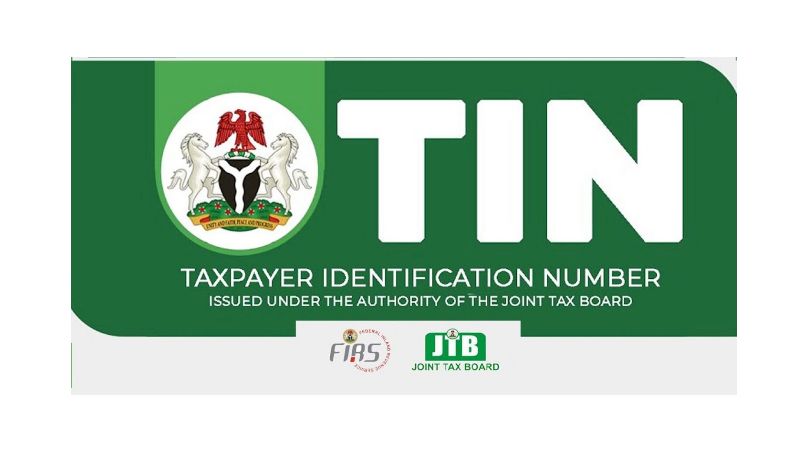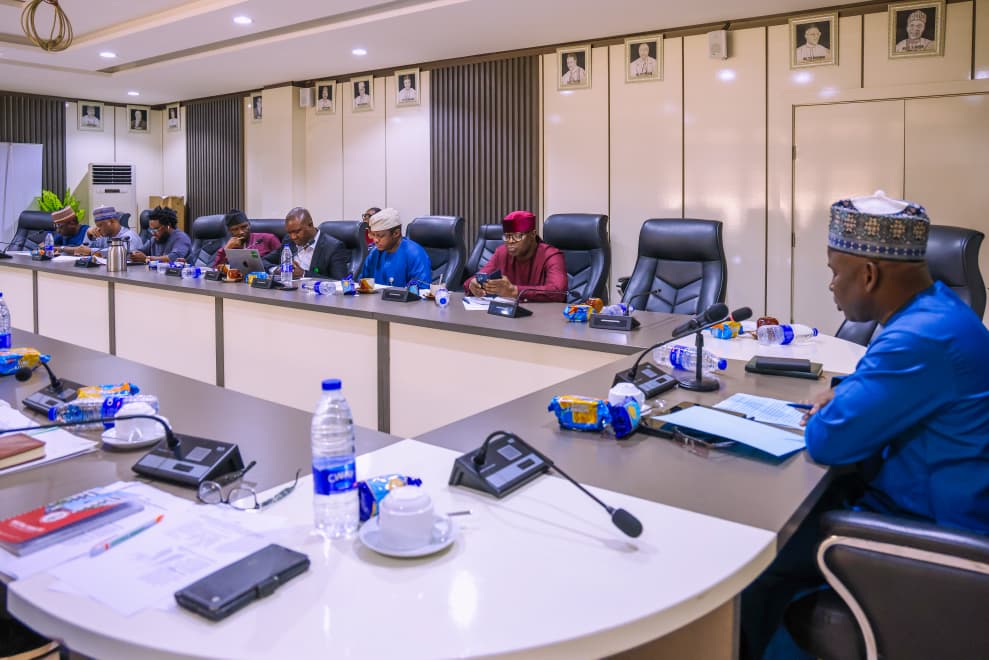
Onyebuchi Ezigbo in Abuja
About 60 patients battling with cancer illness on Tuesday received financial assistance from Medicaid Foundation to help them in the treatment and management of their health condition.
While presenting the package to beneficiaries at the programme in Abuja on Tuesday, President-elect of the Union for International Cancer Control (UICC) and founder of Medicaid Foundation, Dr. Zainab Shinkafi-Bagudu, said the cost of cancer treatment has become very huge that only few patients can afford it.
She said the funds being disbursed were raised through the foundation’s annual Walk Away Cancer campaign and from other charitable donations.
The Medicaid founder called for stronger collaboration between government, the private sector, and civil society to build a resilient health system capable of tackling cancer sustainably.
Shinkafi-Bagudu said her call had become imperative as many Nigerians continue to die undiagnosed and untreated, particularly in rural areas, due to weak systems and poor screening coverage.
The event, held to mark the November 17 Cervical Cancer Elimination Day of Action, brought together government officials, development partners, and private sector stakeholders.
It underscored the urgent need for early detection, domestic financing, and stronger collaboration to curb Nigeria’s growing cancer burden.
Shinkafi-Bagudu, a paediatrician and cancer advocate, acknowledged recent government progress but said much more remains to be done.
His words: “The government is on the right track. We have seen six new cancer centres and an active Cancer Health Fund under the National Institute for Cancer Research and Treatment (NICRAT), which provides e-wallet credits to patients in accredited hospitals. But we need more. We need budgetary allocation. We need re-sensising that budget.
“We need the release of those funds that are appropriated in the budget. The budget is just a paper, but we need to see those funds coming through.
“So, from the government side, they can also work with partners, pharmaceutical, manufacturing, industry partners that will support the process.
“The Cervical Cancer Elimination Task Force needs more support so that screening at the national primary health care level is available at our primary health care centres.”
As co-chair of Nigeria’s Cervical Cancer Elimination Task Force and a UICC board member, Shinkafi-Bagudu said her global experience reinforces the urgent need for greater investment in nationwide screening programmes at the primary healthcare level.
Explaining the reason for the financial assistance to 60 cancer patients, the former First Lady of Kebbi State said the treatment cost of cancer has become unbearable to many patients in the country.
The disbursement, she said, would support 60 patients through the foundation’s Patient Access to Care (PACE) programme, covering diagnosis, chemotherapy, radiotherapy, and psychosocial support.
“This ₦100 million is a drop in the ocean. A woman diagnosed with stage 2 breast cancer in Nigeria needs about ₦25 million for treatment. Most of our patients present in stage 3 or 4, and survival rates drop to around 25 percent compared to 90 percent in high-income countries.
“We must focus on early detection, awareness, and health insurance so that care becomes affordable,” she stressed.
The Director of Standards and Quality Assurance at the National Health Insurance Authority (NHIA), Dr. Yakubu Agada-Amade, who responded to journalists’ question on their contribution said the government is working to address cancer financing challenges, especially for the vulnerable.
He said NHIA facility currently covers surgeries for catastrophic conditions, including cancer.
Agada-Amade disclosed that over 240 cancer patients, mostly breast cancer cases, have benefited from NHIA’s intervention through collaborations with pharmaceutical firms such as Roche.
He added that more patients are now presenting early for diagnosis, improving survival outcomes, while revealing that NHIA, in partnership with the National Assembly and the Ministry of Health, is working to establish a Catastrophic Health Fund to provide broader coverage for cancer, sickle cell disease, and end-stage renal failure.
On his part, NICRAT Director General, Prof. Usman Aliyu, who said the Cancer Health Fund had been transferred to the Institute for better coordination and expansion, however, expressed concern of poor funding.
“In 2025, ₦200 million was appropriated for the fund. While this is not sufficient to meet the needs of our estimated 140,000 cancer patients nationwide, the government is committed to increasing resources and improving coordination,” he said.
Aliyu added the upcoming Catastrophic Health Fund under the Federal Ministry of Health and Social Welfare would serve as another financing mechanism for patients with major non-communicable diseases.
He also revealed that NICRAT plans to launch a National Childhood Cancer Programme in 2025 with support from NGOs and international partners.
“I must commend Medicaid Foundation for its leadership. What Dr. Bagudu and her team have done is a model of partnership and compassion. We encourage more NGOs and corporate bodies to emulate this approach to support indigent patients,” he said.





